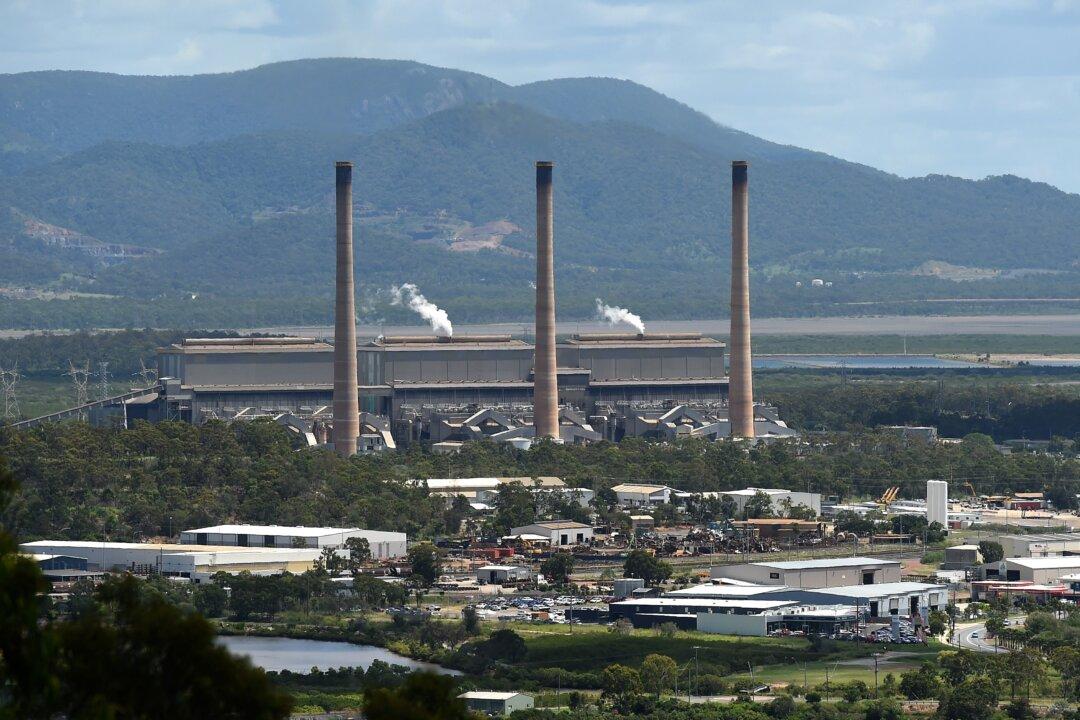The Queensland government will continue to collect billions of dollars from coal companies in the years to come by making the massive tax on coal profits permanent.
This move comes in response to Queensland’s spiralling debt, which is expected to reach more than $180 billion (US$118 billion) by 2027, up from the current $109.8 billion.




